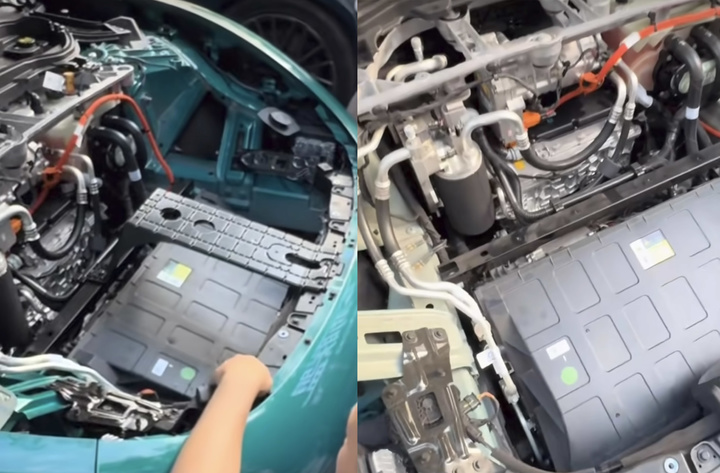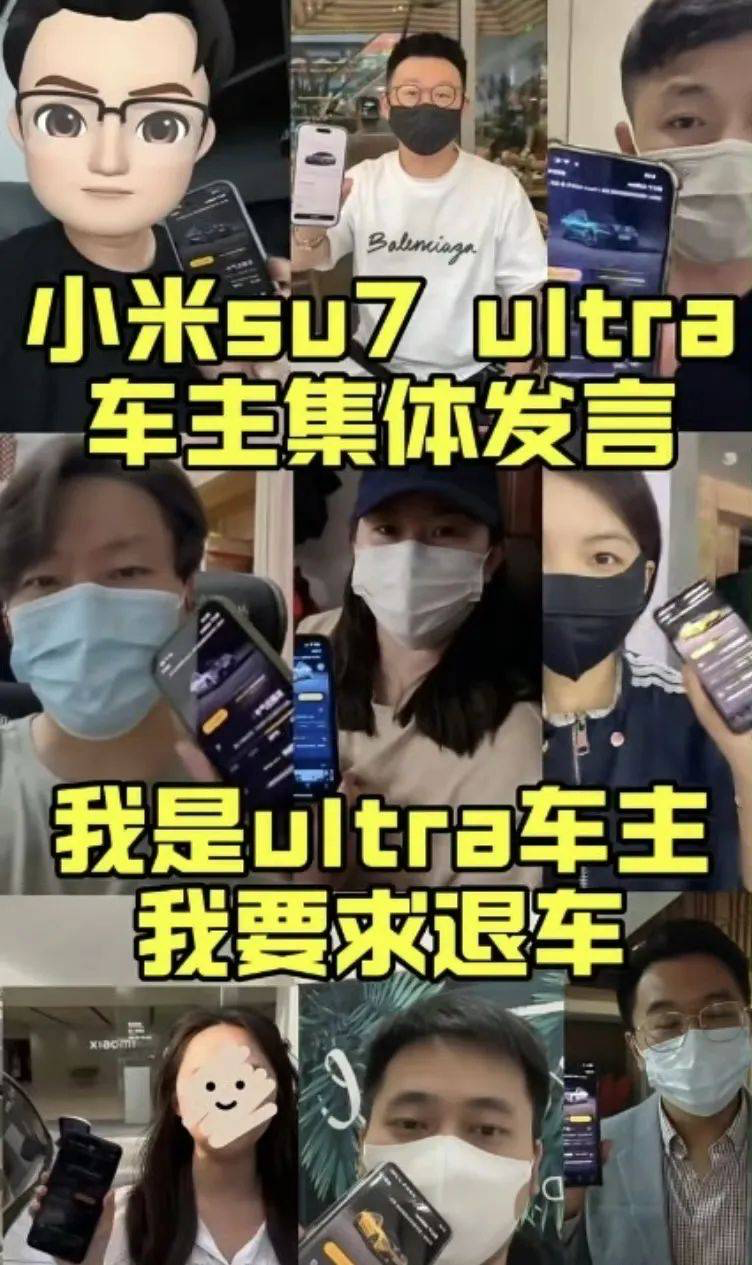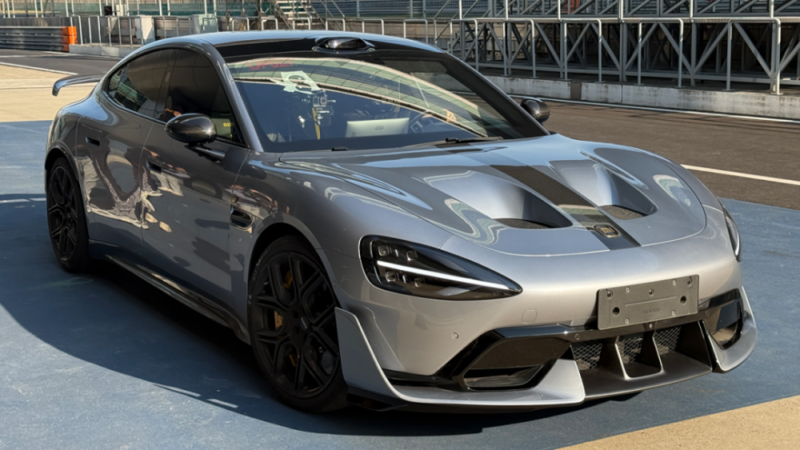Xiaomi SU7 Ultra owners demand full vehicle refunds over decorative hood controversy
Hundreds of Xiaomi SU7 Ultra owners and prospective buyers demand refunds following revelations that the vehicle’s premium carbon fibre hood with dual air ducts—a ¥42,000 ($5,800) optional feature—appears primarily decorative rather than functional as initially advertised.
The Controversy
The dispute erupted in early May 2025 when automotive bloggers conducted tests on the “carbon fibre dual air duct hood” that Xiaomi had marketed as a “track-level cooling design.” Tests showed the air ducts produced virtually no airflow effect, with one blogger demonstrating that tissue paper placed near the vents showed no movement when a fan was directed at the hood.

Further investigations revealed that the hood neither effectively cooled the braking system upon disassembly nor provided the downforce consumers expected based on marketing materials.
Xiaomi’s Response
On the evening of May 7, Xiaomi Motors issued a public apology, acknowledging that their communication regarding the hood’s functionality had been unclear. The company stated that the carbon fibre hood was primarily designed to replicate the appearance of the prototype vehicle while providing only “partial airflow guidance and auxiliary front compartment cooling.”

Xiaomi explained that in their earliest production plans for the SU7 Ultra, they hadn’t intended to include the carbon fibre hood option, as the vehicle already possessed “sufficient comprehensive performance” for professional tracks.
Compensation Offered
As part of their apology, Xiaomi announced a compensation package:
- Customers with undelivered orders can switch to the standard aluminium hood
- Existing owners and those with confirmed orders will receive 20,000 reward points (worth 2,000 yuan or 275 USD)
Customer Reaction
Many customers have rejected this solution, with reports indicating that at least 300 owners have joined rights protection groups demanding full refunds.

“Whether it’s false advertising or poor communication by Xiaomi, the company should take responsibility for its mistakes rather than shifting the burden to consumers,” stated one group of SU7 Ultra owners in a joint statement.
The incident has raised questions about transparency in automotive marketing, particularly for new entrants like Xiaomi, which built its reputation in consumer electronics before expanding into electric vehicles.
As one commentator noted in a May 12 opinion piece, “Xiaomi SU7 has burst the trust bubble with its 42,000 yuan (5,800 USD) ’emperor’s new clothes,'” suggesting this controversy could have lasting implications for consumer confidence in the brand.



